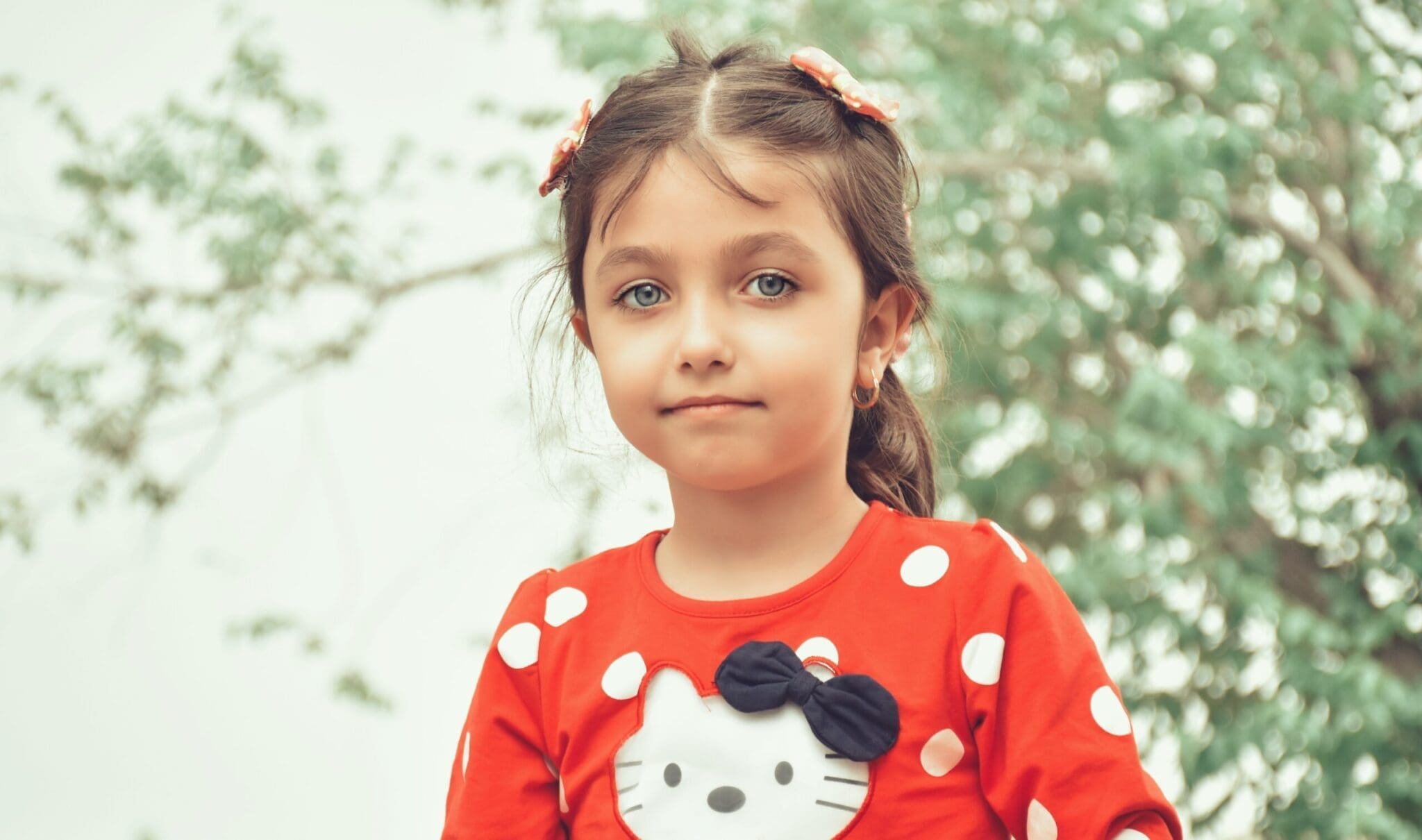When anxiety hits, our children will look to us for signs of safety. They’ll be needing to know, ‘Do you think I’m safe?’ ‘Do you think I can do this?’ ‘Do you think I’m brave enough, strong enough, capable enough?’
What we decide, they will follow. They might be achingly unwilling for a while, but eventually, they will follow. If only making the decision wasn’t so entangled, so often, with our own anxiety, their distress, and the smudgy, uncertain line that often comes before brave.
One of the hardest things as a parent can be deciding when to protect our kids and when to support them into brave. For them, brave, hard, new things (scary-safe) will often feel like dangerous things (scary-dangerous). Their anxiety around this will drive anxiety in us. It’s why their brave things will often feel scary for us too.
There’s a good reason for this. As their important adults, we’re designed to feel distress at their distress. This is how we keep them safe. It’s normal, necessary, and the thing that makes us loving, beautiful, available parents. But – it’s also why their anxiety will often drive anxiety in us, and a powerful drive to protect them from whatever is causing their distress.
Their distress will drive distress in us … exactly as it’s meant to.
When our children are truly in danger, their distress (fight or flight) will drive distress (fight or flight) in us to give us the strength, the will, the everything to keep them safe. Fight or flight in them will raise fight or flight in us – to give us the physiological resources to fight for them or flee with them if we need to.
We’re meant to feel distress at their distress – but those distress signals can also run interference on brave behaviour. Anxiety can make safe, brave, important things feel like dangerous things – for them and for us. This is normal and healthy. What matters is our response.
Sometimes making the decision, ‘Do I step back into safety or forward into brave?’ is too much for our kids and teens, so we have to make the decision for them. What we decide, they will follow.
You will see evidence of this everywhere in your home: Do I need to brush my teeth? Is it okay if I hit? Do I need to be kind? Do I matter? Is my voice important? And the big one to strengthen them against anxiety … Can I feel anxious and do brave? The decision on most of these is an easy ‘yes’. We decide. They follow (eventually).
With anxiety, the line can be blurry. Sometimes your concerns might be valid, in which case their fight or flight (anxiety) will be doing its job. Sometimes though, our enormous drive to protect them isn’t so much about needing to protect them from the situation, but about wanting to protect them from the distress of their anxiety. This is so normal! It’s what makes us loving, responsive parents. It’s also why we have an incredible capacity to respond to their anxiety in ways that can widen the space for brave behaviour to happen.
They will follow our concern, or they will follow our confidence – eventually. It doesn’t matter how long the move towards brave takes. What matters is opening them up to the possibilities for brave behaviour that are already in them, and have been all along. They can feel anxious, and do brave. So can we.
This is why we have to ask the question, ‘Do they feel like this because they’re in danger, or because they’re about to do something brave/ hard/ important?’ ‘Am I reacting to the situation, or to their distress?‘
And what if I feel uncertain?
If you do feel uncertain, what do you need to feel safer? More information? More conversation? Smaller steps towards brave? If you don’t believe they’re safe – at school, swimming lessons, with the person taking care of them in your absence – they won’t either. Do you need more information or conversation to feel more certain that they are safe?
What information do you need to be able to position yourself to respond the way your young person needs you to – either by protecting them, or by giving plenty of signals of safety so they can feel bigger and safer as they move forward into brave. Until we make the decision, they won’t either.
So I’ve made the decision. This is a time for brave. What now?
If you’ve decided that this is a time for brave behaviour, now they will need you to love and lead. It’s not about one or the other, but both. See their anxiety and make space for it, and also see their brave and make space for that too.
This might sound like, ‘Yeah, this is big isn’t it. It’s okay to be worried. Of course you feel like this! You’re about to do something brave. I know you can do this. If you can’t do (the whole brave thing), what will you do – and don’t say ‘nothing’, because ‘nothing’ isn’t an option.’
The posture to take here is, ‘I believe you, and I believe in you.’ I believe you that this is big for you, and I believe you that you feel worried or scared or threadbare – and I know you can do this. I know it with everything in me.


Leave a Reply